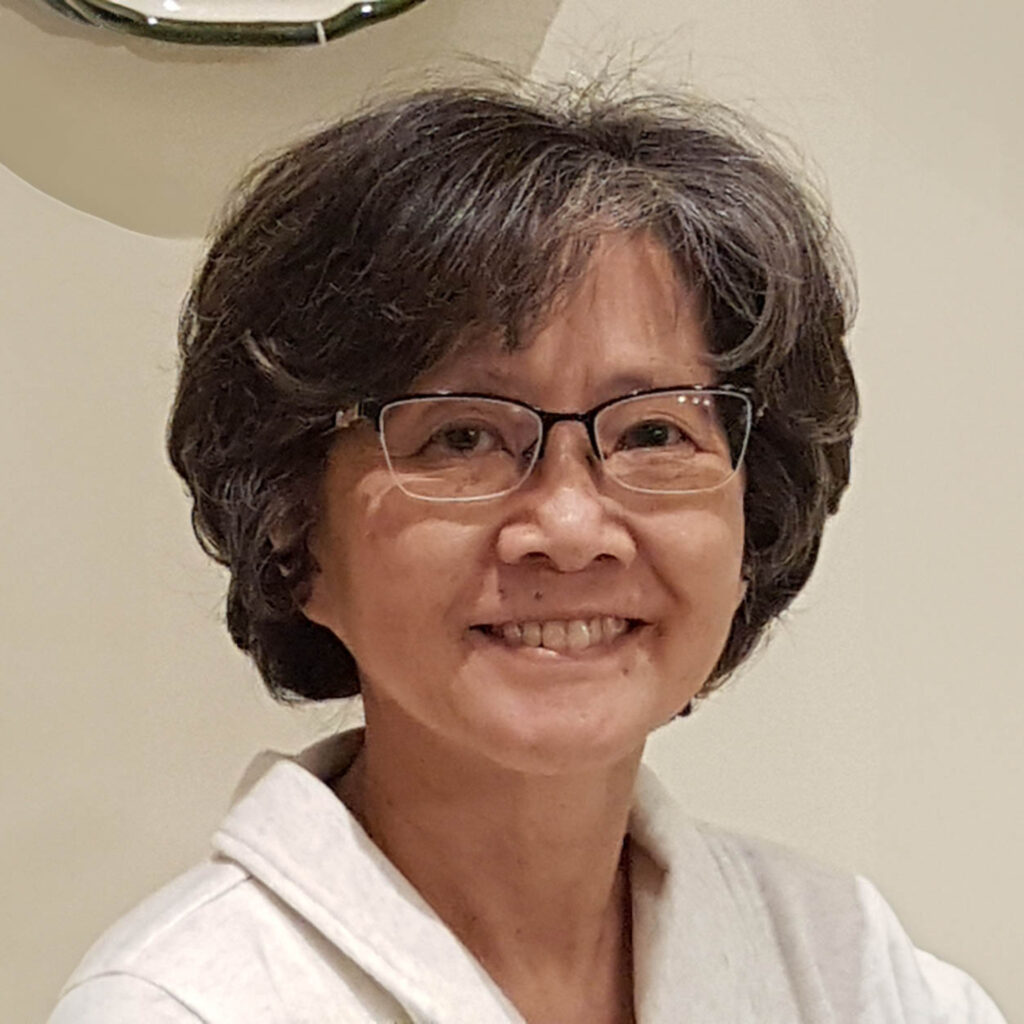Community and connection: Pamela Mark on giving back and 40 years in family medicine

Pamela Mark (MD 1984) is a family physician who practices in Toronto’s east end. Her connection to U of T and the Temerty Faculty of Medicine stretches back a generation to her father, a graduate of the MD Class of 1947. We spoke with Mark about her life and work, the many changes she has witnessed in family medicine over her career, and why she prioritizes supporting new generations of medical learners at U of T.
You are a monthly donor to the Dean’s Priority Fund and you have also supported the MD Class of 1984 Award – what inspires your philanthropy?
I was lucky that my father was able to pay for my tuition, so I never had to apply for loans. I remember going in on the first week of class to buy our textbooks, and I was horrified. I couldn’t believe the cost of the books. I called my dad and I said I don’t have enough money – just one book chewed up three quarters of my budget, and I was in the used textbook store. My dad helped me out there too, and I am still really grateful for his support.
I think now, what do the students do? I mean, their rent is incredible. Food is more expensive than ever, and I don’t even know what the tuition is anymore. And so, any way I can help – maybe with a month or two of rent – I want to contribute.
What is your personal philosophy for giving and philanthropy?
You can’t take it with you. It’s better to use it to help your community.
I also have some patients who’ve gone into medicine. I’m always so thrilled that I was hopefully part of that decision or just supported them emotionally to get through that process. I feel that philanthropy can either be giving financially or emotionally. We do it because this is our community and we need to support each other.
What inspired you to specialize in family medicine?
My father was a family doctor who also trained at U of T, so my introduction to medicine came early on. After taking an accounting class in grade 10, I helped with his OHIP billings and bookkeeping. There were no computers in those days; billing was handwritten cards that you had to fill out and mail in. It was very labour intensive.
I was in his office every Saturday and his patients would stop by and say hello. I got to see how the family office works. Later on, when I was doing my residency in family medicine, I would fill in for him for a week or two if he wanted to take time off or go away on vacation. Eventually, his patients became my patients, and I took over the practice.
Did you find many generational differences between your and your father’s approaches to medicine?
We agreed to disagree on some things, which is how I could work with him. But even from a young age, I was allowed to have my own mind. And having different perspectives is important in medicine. By the time I joined him, so many things had changed, and he was open to that change – things like new classes of medicine and new computer programs to track patient information.

